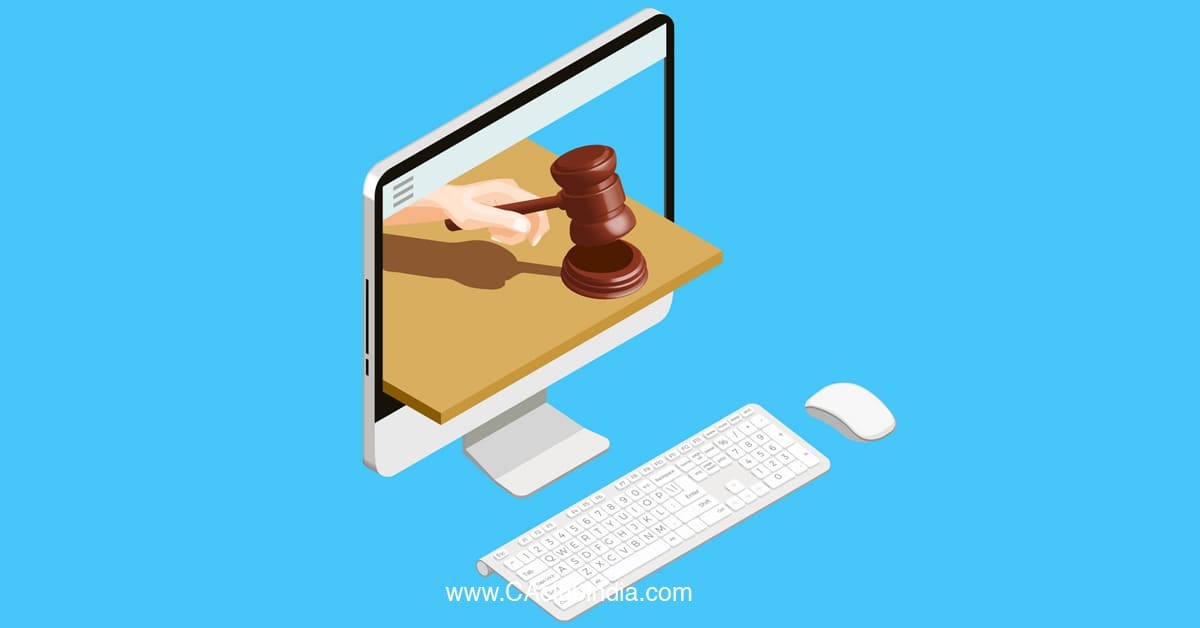Meaning of Out of Court Settlement
Out of Court Settlement is resolution of a legal dispute which takes place outside of a court proceeding or before the court comes to a final decision.
Out of Court Settlement is done in order to save legal cost and time of the parties involved in the settlement.
Out of Court Settlement is normally done in following two situations:
I. In relation to any supply made earlier by the supplier to the recipient
In this case, the dispute is in relation to an earlier transaction involving supply between the parties.
II. One person has caused some loss or damage to the business of another person
In this case, one party causes damage or injury by way of violating legal rights. If any payment is made in such case, then the nature of payment is more like a compensation.
Situation 1: Dispute in relation to past supply
Say, Toy & Co had sold toys to a retailer for INR 5 lakhs plus applicable GST. There was dispute between the company and retailer with respect to the value of the toys. Owing to this dispute, the retailer paid INR 3 lakhs plus proportionate GST. The dispute was settled out of court and the retailer agreed to make the payment of balance INR 2 lakhs on account of out of court settlement.
The question is whether the company is liable to pay GST on INR 2 lakhs received on account of out of court settlement?
Now, let us refer relevant provisions if the GST law.
Section 9 of the CGST Act provides that GST is leviable on supply of goods and services. As per Section 7(1) of the CGST Act, supply shall include all forms of supply of goods or services made or agreed to be made for a consideration, by a person in the course or furtherance of business.
The term "consideration" defined in section 2(31) of the CGST Act is an inclusive definition. It includes monetary value of any act or forbearance, in respect of, in response to, or for the inducement of, the supply of goods or services within its ambit.
In the present example, the INR 2 lakhs can be treated as consideration as the same is received against the earlier supply of toys made to the retailer. As mentioned above, the toys are taxable goods under GST and thus, the company is required to collect GST on INR 2 lakhs received.

Now, let as assume that toys are not taxable under GST. The Company at first place would not have charged GST. Thus, the question of paying GST on INR 2 lakhs received on account of out of court settlement would not arise.
In view of above discussion, it can be understood that when any amount is received on account of settlement of dispute in relation to any past supply then taxability of said amount will depend on whether the past transaction was taxable or not.
If the past transaction was taxable then the amount received on account of settlement is also liable to GST and, if the past transaction was not taxable then the amount received on account of settlement is not liable to GST.
Reference is made to the advance ruling of the Gujarat Advance Ruling Authority in case of GSPC (JPDA) LTD 2021 (10) TMI 367 (Guj) wherein it was pronounced that that amount received on account of settlement of past taxable supply is liable to GST.
Situation 2: Payment for damages, injury, etc
Say, ABC Ltd, a pharmaceutical company has patented formulations to manufacture medicines. Another pharmaceutical company, Z Ltd was using that patented formulation to manufacture medicine without the approval of ABC Ltd and thus, the sales of ABC Ltd went down. When ABC ltd came to know about this wrongful use of patent, they filed suit against Z Ltd to recover the damages caused to their business. However, the matter was settled out of court and Z LTD agreed to pay INR 20 lakhs to ABC Ltd. The question is whether the said amount is liable to GST.
Section 7 of the CGST Act states that supply of goods or services should be a made by a person for a consideration. In present case, ABC Ltd has not supply any goods or services to Z Ltd and thus, the amount received cannot be treated as consideration against any supply. The amount of INR 20 lakhs is the compensation received for damaged caused by Z Ltd. Thus, one can say that amount of 20 lakhs is not liable to GST.
Reference is made to the ruling of Bombay High Court in the case of Bai Mamubai Trust 2019 (31) G.S.T.L. 193 (Bom.) wherein it was held that compensation paid for damages cannot be treated as consideration against any supply and GST is not payable.
For a detailed video presentation click on the below link:








 CAclubindia
CAclubindia
